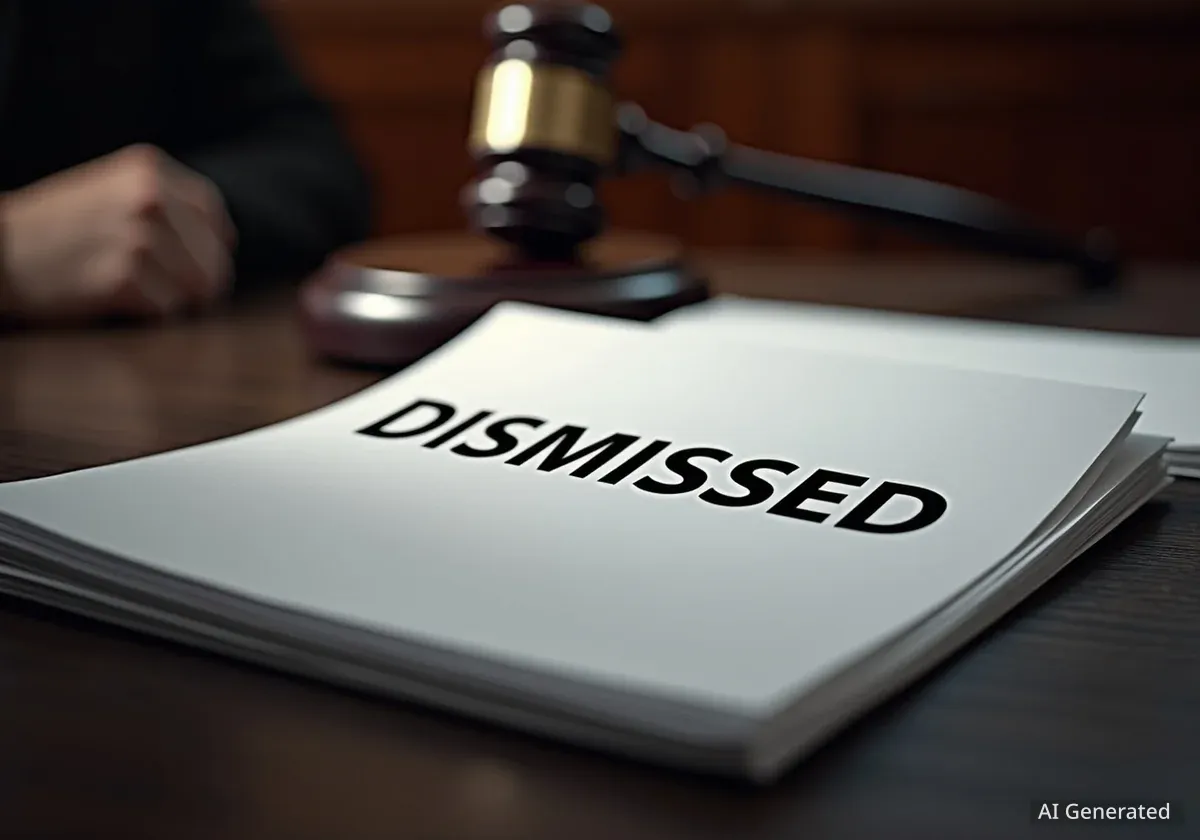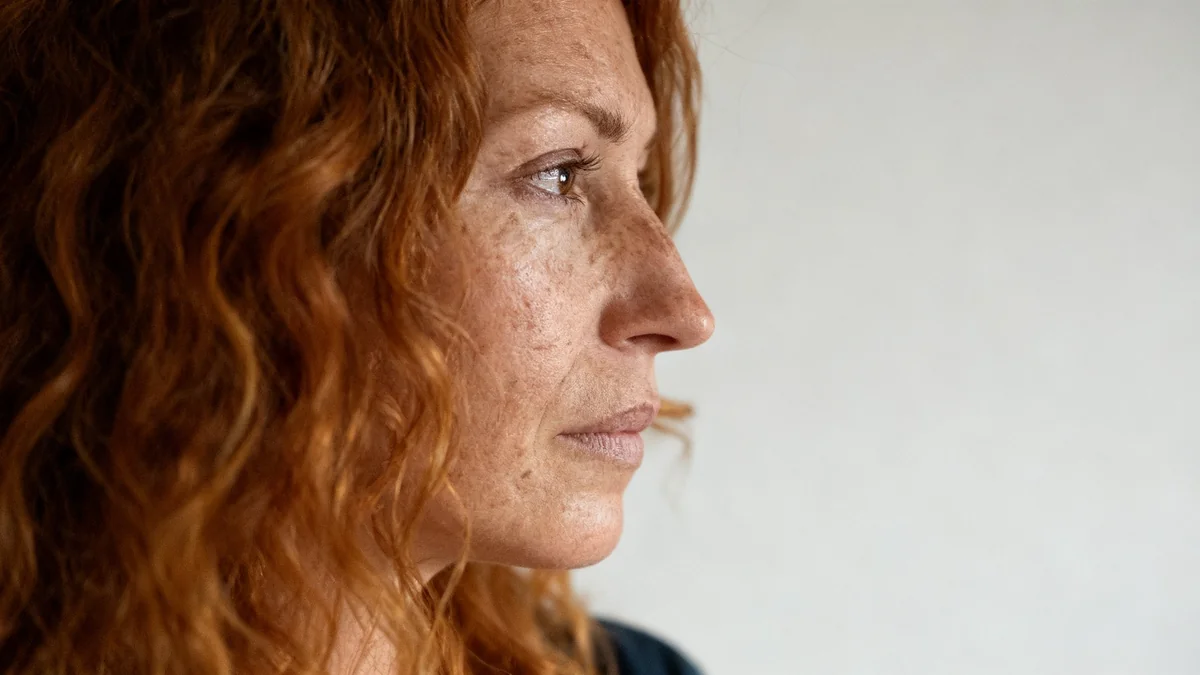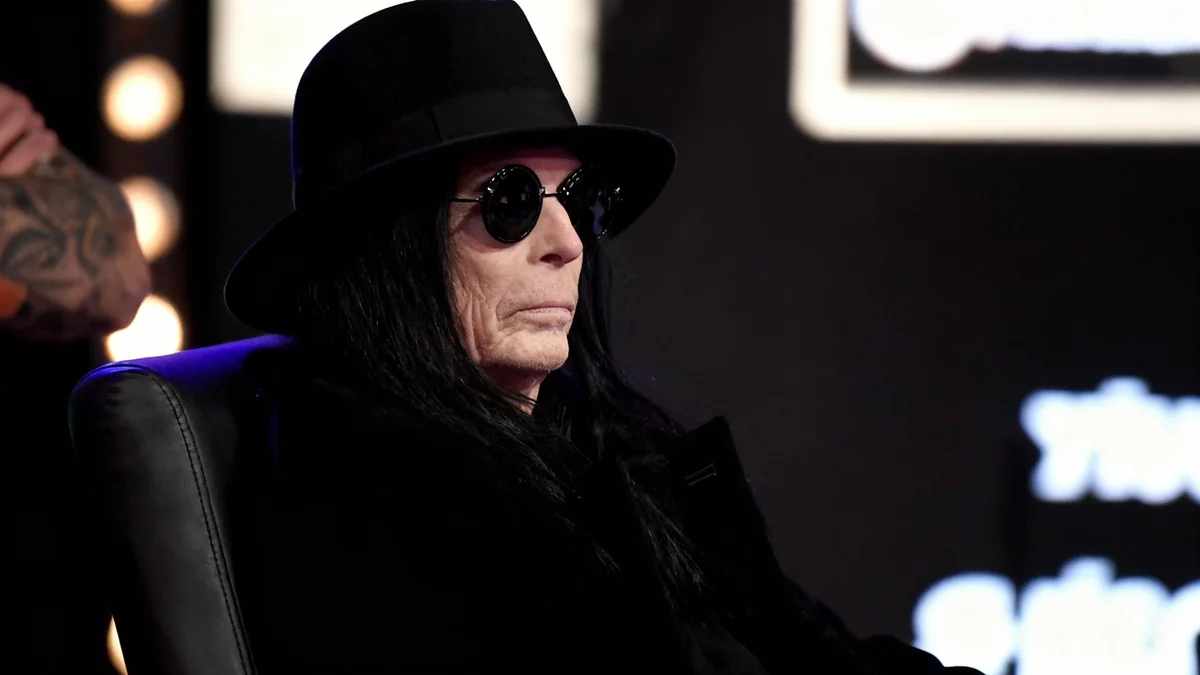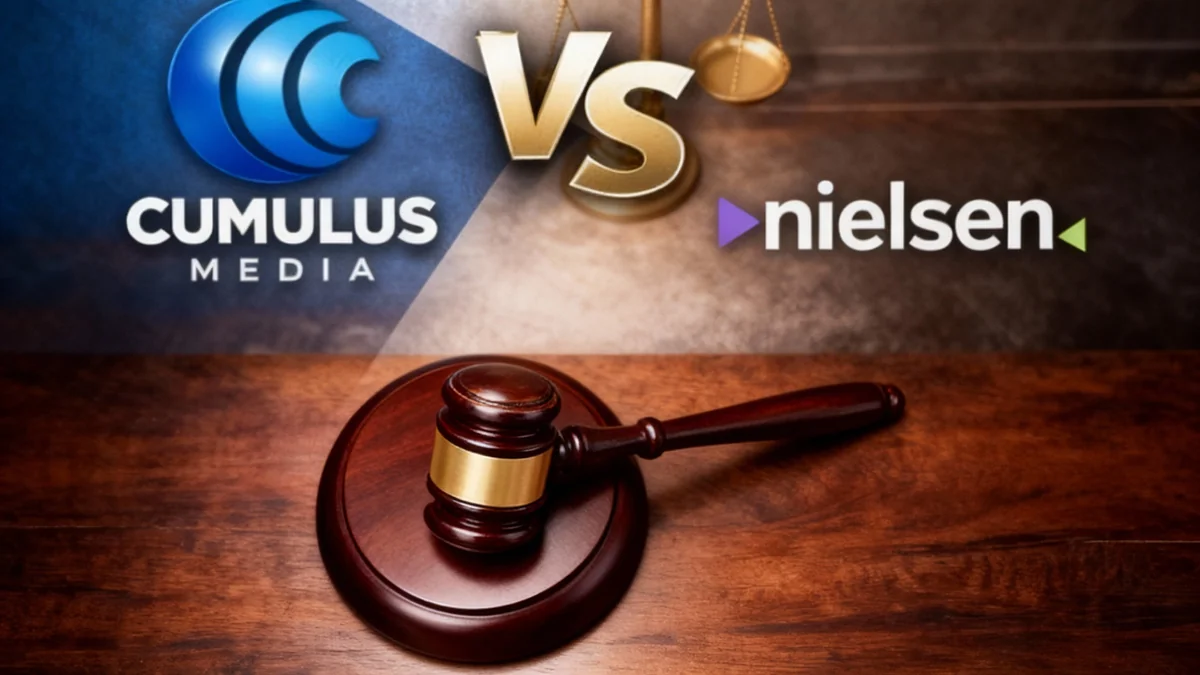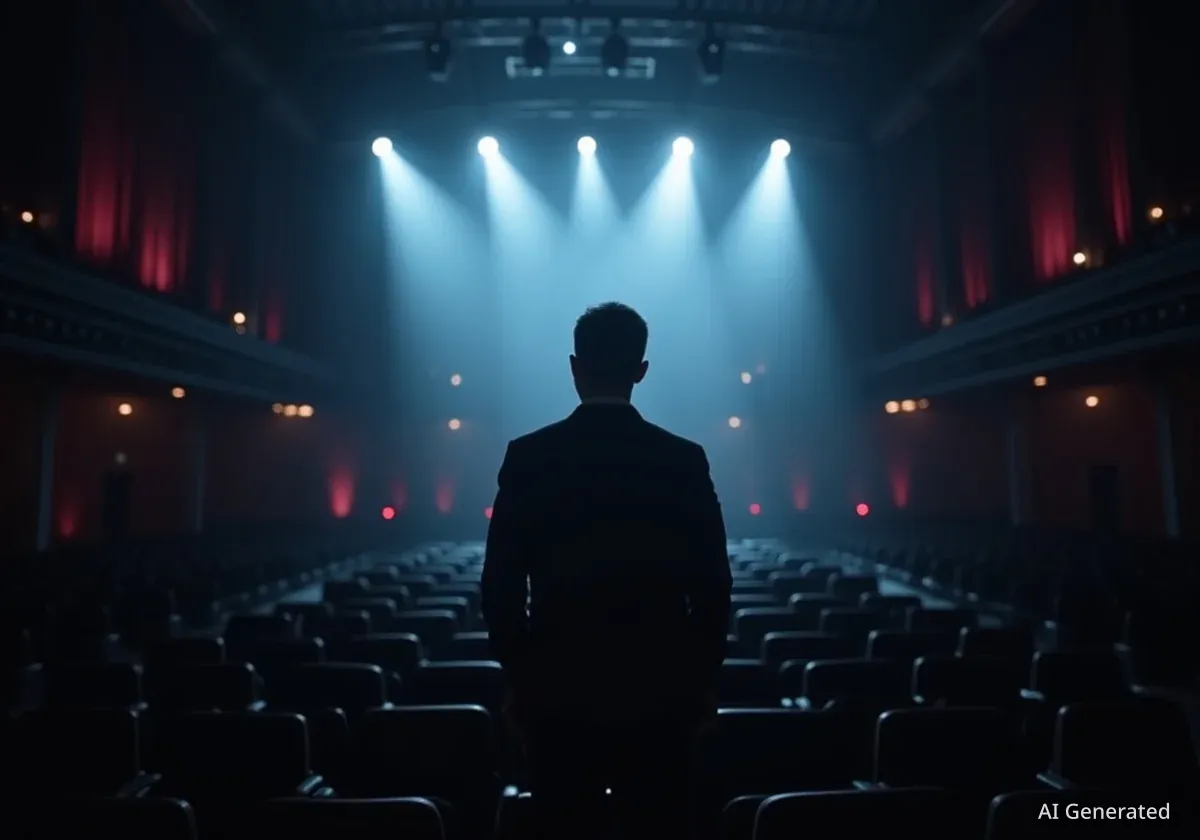A defamation lawsuit filed by rapper Drake against Universal Music Group (UMG) has been dismissed. The legal action centered on lyrics in Kendrick Lamar's song "Not Like Us," which contained accusations against Drake. Judge Jeannette Vargas ruled that the context of a rap battle prevents these allegations from being considered verifiable facts, leading to the dismissal.
Key Takeaways
- Drake's defamation lawsuit against UMG has been dismissed.
- The lawsuit was based on lyrics in Kendrick Lamar's song "Not Like Us."
- Judge Jeannette Vargas cited the context of a rap battle as key to her decision.
- The judge stated that rap battle accusations are not verifiable facts.
- Drake has the option to appeal this federal court decision.
Court Rules on Rap Battle Context
The lawsuit, filed by Drake in January, targeted UMG over the lyrical content of Kendrick Lamar's track "Not Like Us." This song emerged during a widely publicized rap rivalry between the two artists. Drake alleged that certain lyrics defamed him by making serious accusations.
UMG had previously sought to have the case dismissed. Judge Vargas reviewed the motion and granted the dismissal. Her ruling emphasized the nature of rap battles.
“The artists’ seven-track rap battle was a ‘war of words’ that was the subject of substantial media scrutiny and online discourse,” Judge Vargas wrote in her statement. “Although the accusation that plaintiff is a pedophile is certainly a serious one, the broader context of a heated rap battle, with incendiary language and offensive accusations hurled by both participants, would not incline the reasonable listener to believe that ‘Not Like Us’ imparts verifiable facts about plaintiff.”
Fact Check
- Case Filing: Drake filed the lawsuit against UMG in January.
- Key Song: "Not Like Us" by Kendrick Lamar was central to the dispute.
- Court Decision: Judge Jeannette Vargas dismissed the case.
- Legal Precedent: The ruling establishes a precedent for rap battle lyrics in defamation cases.
Understanding the Judge's Reasoning
Judge Vargas's decision highlights the legal distinction between statements made in a traditional setting and those within the specific context of a rap battle. She explained that the intense, often exaggerated nature of lyrical feuds means listeners do not typically interpret the content as literal, factual claims. This perspective is critical in defamation law, which requires a statement to be provably false and presented as fact.
The judge's statement noted the significant public attention surrounding the rap battle. This media scrutiny reinforced the understanding that the lyrics were part of an artistic and competitive exchange, rather than a factual report.
This ruling could set a significant legal precedent for the hip-hop industry. It suggests that artistic expression within a rap battle may be protected from defamation claims, even when severe accusations are made. This protection acknowledges the genre's history of provocative and competitive lyrical content.
Background on Rap Battles
Rap battles are a long-standing tradition in hip-hop culture. They involve two or more rappers exchanging improvised or pre-written insults, boasts, and disses, often in a competitive setting. These battles are known for their aggressive language and often contain personal attacks, hyperbole, and creative storytelling. The goal is to outperform the opponent with wit, rhythm, and lyrical skill, rather than to present verifiable truths. Historically, these lyrical contests have been a way for artists to establish dominance and gain respect within the genre.
Reactions and Future Implications
When Drake initially filed the lawsuit in January, public reaction was mixed. Many fans and critics viewed the move as an attempt by Drake to control the narrative after what some perceived as a loss in the rap battle against Kendrick Lamar. Social media platforms and music forums saw extensive discussions on whether the lawsuit was a valid legal action or a strategic public relations effort.
Some supporters of Drake saw the lawsuit as a bold move against a major music corporation. They believed it highlighted issues within the industry. However, a significant portion of the hip-hop community, including many purists, criticized the lawsuit. They felt it went against the spirit of rap battles and could potentially harm the future of lyrical competition by introducing legal risks.
With the dismissal, Drake now faces a new challenge. The immediate impact is that the lawsuit is over at this level. However, Drake's legal team has the option to appeal the decision to a federal court. It is likely they will explore all available avenues to continue the case.
The judge's clear stance that rap beef does not automatically constitute defamation is important. If this ruling stands on appeal, it could establish a strong legal framework for how lyrical content in competitive rap is viewed under defamation law. This could protect artists engaging in such battles from similar legal challenges in the future, reinforcing the artistic freedom inherent in the genre.
The Precedent for Hip-Hop
- The ruling reinforces the idea that rap battles are a form of artistic expression.
- It suggests that listeners understand the context of such lyrical exchanges.
- This could safeguard future rap artists from similar defamation claims.
- The decision may influence how record labels approach content from their artists in competitive contexts.
The outcome of any potential appeal will further shape this legal landscape. For now, the dismissal marks a notable moment in the intersection of hip-hop culture and the legal system, emphasizing the importance of context in interpreting artistic works.
Read More: PARTYNEXTDOOR Separates From Drake For 10-Minute "$$$" Film
Read More: Drake Makes Surprise Stop At Toronto Elementary School To Support Adonis At Soccer Game
